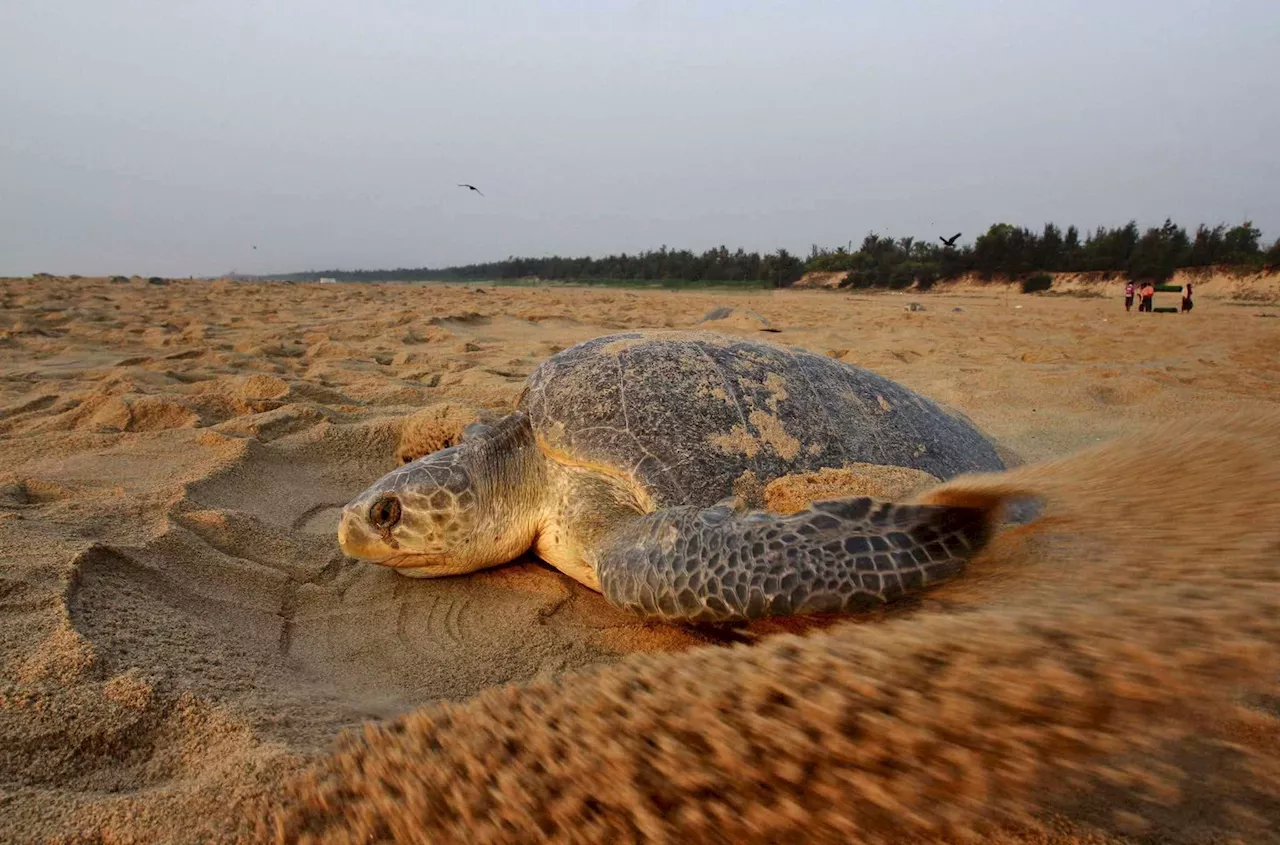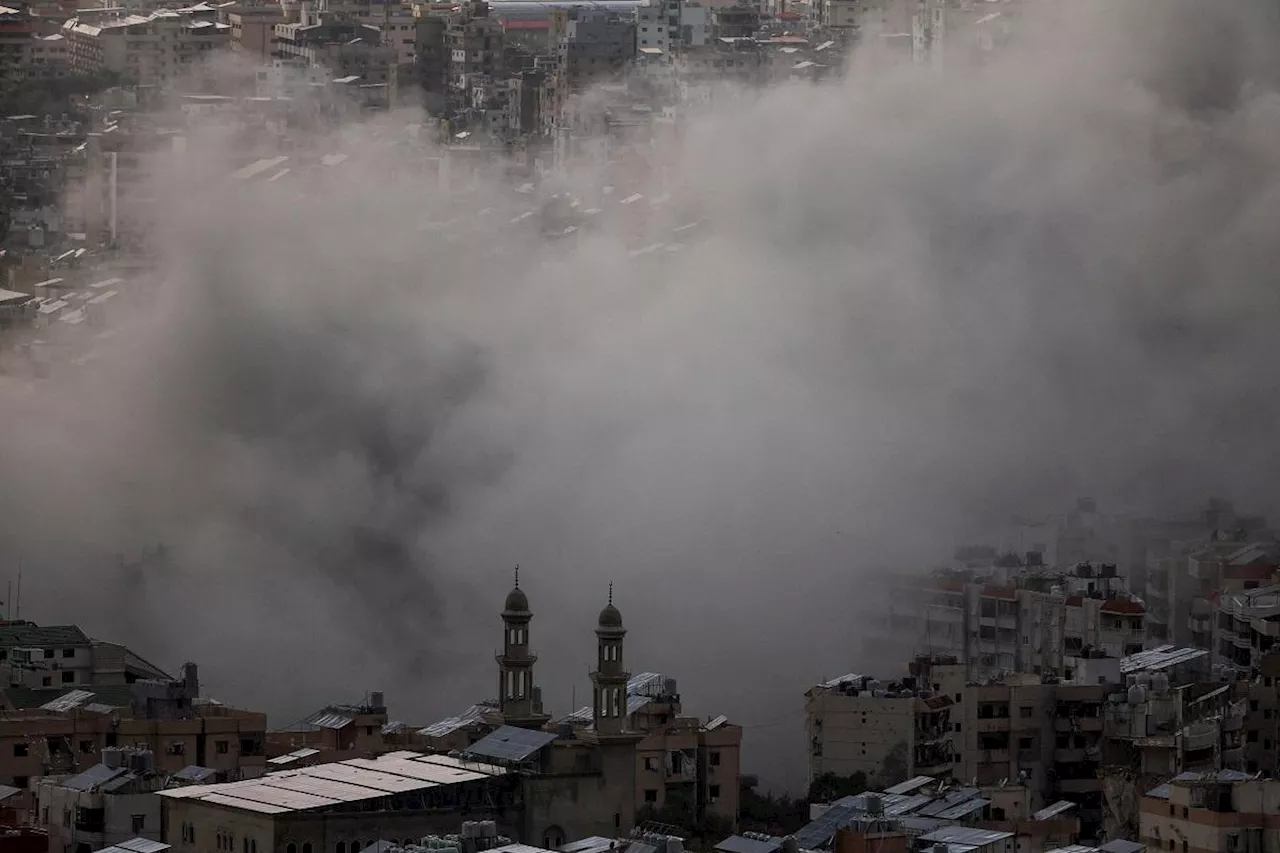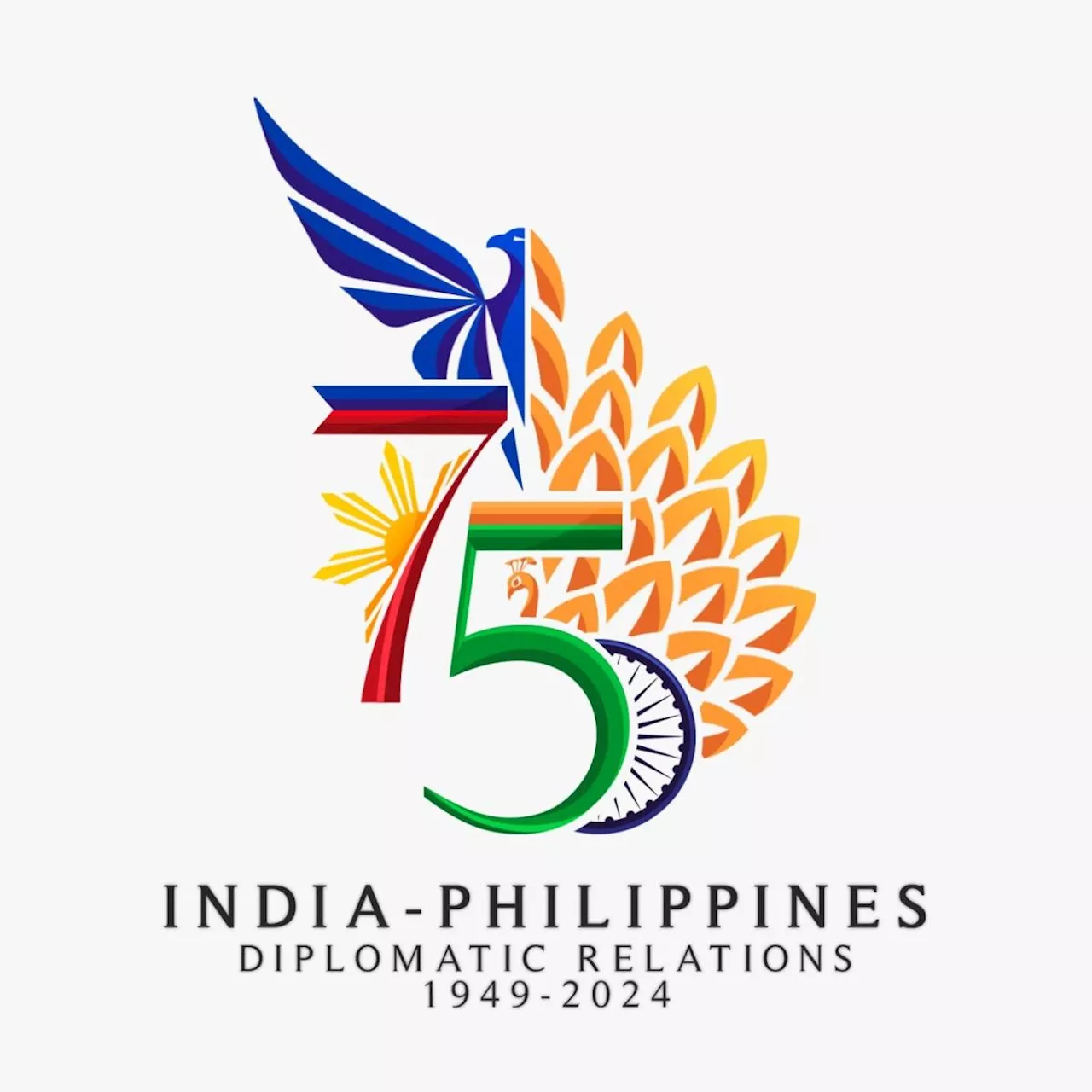This article explores India's Act East Policy (AEP), a cornerstone of its foreign policy strategy focused on strengthening ties with Southeast Asia and the broader Indo-Pacific region. It delves into the historical context, the policy's impact over the past decade, and the prospects for future development.
India's Act East Policy (AEP) occupies a prominent position within the nation's foreign policy framework. This significance is reflected in the considerable efforts and resources dedicated to cultivating relations with the region and addressing a multifaceted array of challenges, encompassing humanitarian assistance, maritime security, economic cooperation, and the delicate balance of power among regional states.
Indian leaders and diplomats actively and constructively engage in deliberations at all levels, from bilateral interactions to subregional and regional forums. Over time, India has solidified its position as a pivotal political force in the East.The AEP is a dynamic policy, not a static one, and its evolution must be understood within a historical context. Even before the colonial era, individuals from diverse walks of life—priests, monks, traders, and ordinary citizens—journeyed eastward from India's shores for centuries. This historical phenomenon endures in contemporary celebrations like the annual Bali Jatra festival in Odisha. The enduring legacy of Indian arts and culture is evident in the Hindu and Buddhist temples scattered across Cambodia, Myanmar, Vietnam, and Indonesia.The impact of the AEP over the past decade (2014-2024) can be assessed from various perspectives. Firstly, India's relations with ASEAN have strengthened considerably. The annual summit serves as a valuable platform to review progress and advocate for further advancements across diverse domains, including political and security cooperation, trade and investment, and cultural, educational, and people-to-people exchanges. Secondly, adopting an inclusive approach, India launched its Indo-Pacific Oceans Initiative in November 2019. With its focus on seven pillars—such as maritime security, maritime ecology, and maritime resources—it aligns seamlessly with the ASEAN Outlook on the Indo-Pacific (AOIP). Collaborative projects involving these two initiatives are under discussion and gradual implementation.The success of the AEP is widely recognized. Prime Minister Narendra Modi has underscored that the policy has revitalized ties with ASEAN, 'infusing them with energy, direction, and momentum.' Nevertheless, the coming years will likely present more complex challenges for the region. While India's diplomacy must remain attentive to the broader regional challenges, it is equally crucial to continue deepening bilateral relationships with key players.
Foreign Policy ACT EAST POLICY INDIA ASEAN INDO-PACIFIC FOREIGN POLICY
Philippines Latest News, Philippines Headlines
Similar News:You can also read news stories similar to this one that we have collected from other news sources.
 Hundreds of Olive Ridley Turtles Found Dead on India's East CoastOver 400 endangered olive ridley turtles have washed ashore on India's east coast near Chennai in the last two weeks, marking a concerning event not witnessed in over two decades. Conservationists are attributing the mass deaths to large fishing nets that entangle and harm the turtles. This year's toll has already surpassed the typical annual average of 100-200 deaths, raising alarm bells about the declining population of these crucial marine species.
Hundreds of Olive Ridley Turtles Found Dead on India's East CoastOver 400 endangered olive ridley turtles have washed ashore on India's east coast near Chennai in the last two weeks, marking a concerning event not witnessed in over two decades. Conservationists are attributing the mass deaths to large fishing nets that entangle and harm the turtles. This year's toll has already surpassed the typical annual average of 100-200 deaths, raising alarm bells about the declining population of these crucial marine species.
Read more »
 Drug Bust in Kabankalan City Leads to Arrest and Seizure of FirearmsPhilippine authorities arrested Carmilo Florindo, 33, in a drug bust operation in Kabankalan City. Police seized approximately ₱204,000 worth of suspected shabu (methamphetamine), along with drug paraphernalia, marked money, and firearms including an improvised shotgun and a .9mm revolver. Florindo is facing charges under Republic Act 9165 (Dangerous Drugs Act) and Republic Act 10591 (Firearms and Ammunition Regulation Act).
Drug Bust in Kabankalan City Leads to Arrest and Seizure of FirearmsPhilippine authorities arrested Carmilo Florindo, 33, in a drug bust operation in Kabankalan City. Police seized approximately ₱204,000 worth of suspected shabu (methamphetamine), along with drug paraphernalia, marked money, and firearms including an improvised shotgun and a .9mm revolver. Florindo is facing charges under Republic Act 9165 (Dangerous Drugs Act) and Republic Act 10591 (Firearms and Ammunition Regulation Act).
Read more »
 Philippines Poised to Benefit from Trump's Trade PolicyThe Philippines may see economic opportunities as the Trump administration prioritizes tariffs on China, Canada, and Mexico. President Marcos Jr. aims to strengthen ties with the US, capitalizing on bilateral trade prospects and the Generalized System of Preferences.
Philippines Poised to Benefit from Trump's Trade PolicyThe Philippines may see economic opportunities as the Trump administration prioritizes tariffs on China, Canada, and Mexico. President Marcos Jr. aims to strengthen ties with the US, capitalizing on bilateral trade prospects and the Generalized System of Preferences.
Read more »
 Over 20 Filipino Workers Repatriated from Israel Amid Middle East TensionsMore than 20 overseas Filipino workers (OFWs) have been brought back to the Philippines from Israel as part of a voluntary repatriation program due to ongoing tensions in the Middle East. The repatriates were met at the Ninoy Aquino International Airport by representatives from various government agencies and received support from the Overseas Workers Welfare Administration (OWWA). President Ferdinand 'Bongbong' Marcos Jr. has called for a peaceful resolution to the conflict and urged all parties to avoid escalation.
Over 20 Filipino Workers Repatriated from Israel Amid Middle East TensionsMore than 20 overseas Filipino workers (OFWs) have been brought back to the Philippines from Israel as part of a voluntary repatriation program due to ongoing tensions in the Middle East. The repatriates were met at the Ninoy Aquino International Airport by representatives from various government agencies and received support from the Overseas Workers Welfare Administration (OWWA). President Ferdinand 'Bongbong' Marcos Jr. has called for a peaceful resolution to the conflict and urged all parties to avoid escalation.
Read more »
 Philippine Political Turmoil and Monetary Policy Shifts Shape 2024The breakdown of relations between the President and Vice-President of the Philippines and the resulting political instability significantly impacts the country's economic outlook. This event, along with the Bangko Sentral ng Pilipinas' gradual reduction of interest rates, are key developments shaping the Philippine economy in 2024.
Philippine Political Turmoil and Monetary Policy Shifts Shape 2024The breakdown of relations between the President and Vice-President of the Philippines and the resulting political instability significantly impacts the country's economic outlook. This event, along with the Bangko Sentral ng Pilipinas' gradual reduction of interest rates, are key developments shaping the Philippine economy in 2024.
Read more »
 IMF Sees Peso as Shock Absorber Amid US Fed Policy ShiftsThe International Monetary Fund (IMF) anticipates the Philippine peso to act as a buffer against volatility caused by changing monetary policies in both the US and the Philippines. The IMF acknowledges the peso's role in absorbing shocks and suggests that foreign exchange intervention might be necessary in specific situations. The report highlights the peso's vulnerability to shifts in US policy expectations, which have amplified its volatility.
IMF Sees Peso as Shock Absorber Amid US Fed Policy ShiftsThe International Monetary Fund (IMF) anticipates the Philippine peso to act as a buffer against volatility caused by changing monetary policies in both the US and the Philippines. The IMF acknowledges the peso's role in absorbing shocks and suggests that foreign exchange intervention might be necessary in specific situations. The report highlights the peso's vulnerability to shifts in US policy expectations, which have amplified its volatility.
Read more »
